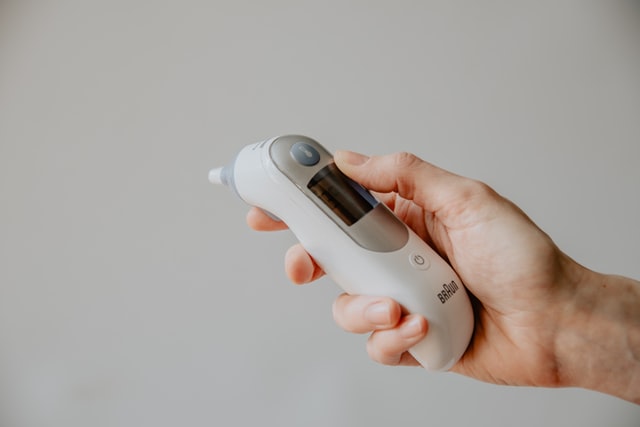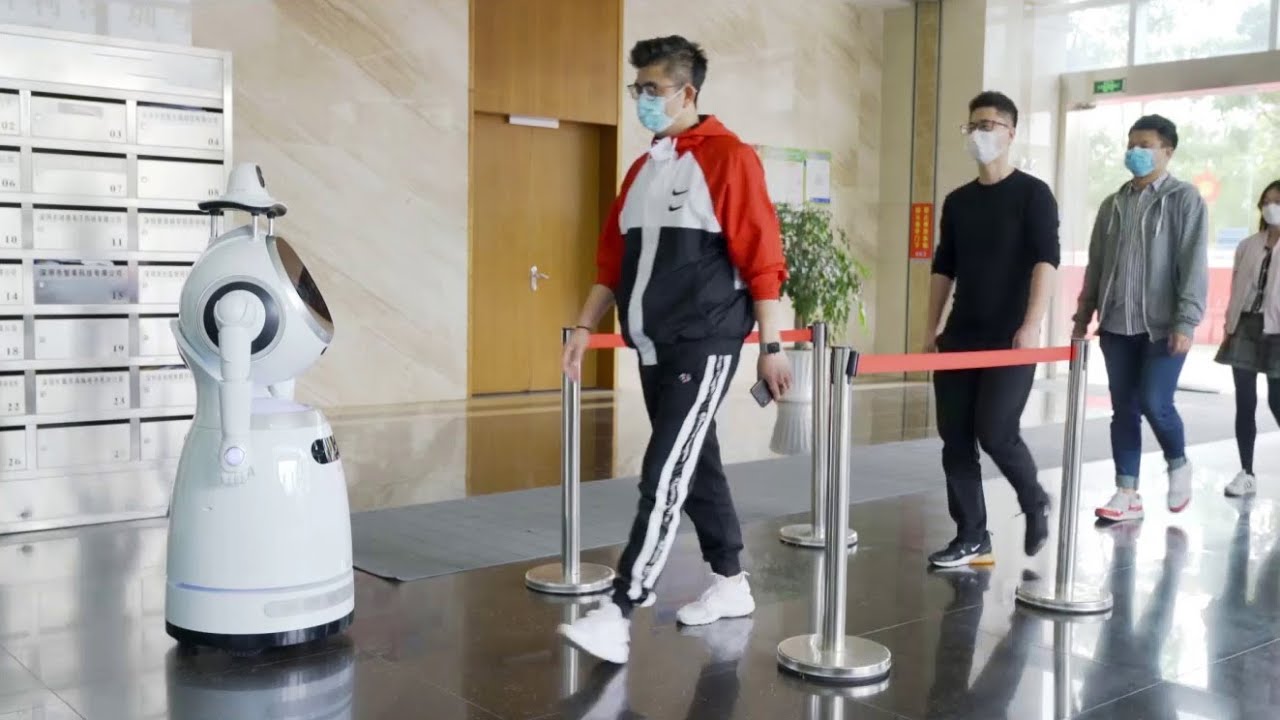Given the geometric progression in which Covid-19 spreads, it is important to contain it right at the root. This is exactly why it becomes important to use fever detection technology in schools extensively. Schools all over the world are working out a protocol to ensure proper detection and effective control of the situation.
 Photo by Kelly Sikkema on Unsplash
Photo by Kelly Sikkema on Unsplash
Here is a quick look at how fever detection technology enables schools to address the problem conclusively and helps make it significantly safer for children during the Covid-19 crisis.
-
Easy contactless detection: The Infra-red thermometers ensure there is no contact between students and the authorities with fevers and other stakeholders. The temperature measurement is also fairly simple and does not take a long time. The degree of accuracy from these thermometers is also fairly good, and this significantly speeds up the process. That means students don’t end up wasting a lot of time trying to get them tested. That, in itself, is a big advantage.
-
Better Awareness: This daily management of body temperatures in school facilitates better awareness about Covid-19 amongst students. They also share this information with their families, and more people come to know about the way the diseases spreads and how they can stop it. Most importantly, when the information comes via students, the level of acceptance is much higher. So, parents and families are more prone to taking the situation seriously.
-
Cohesive Action Plan: The fever detection process also ensures that parents and school authorities, along with town planning officials, can take constructive and cohesive steps in tackling the situation. It will help them draw up a proper plan and move forward in an engaging manner. This, in many ways, offers just the right opportunity for long-term benefits and effective management.
Problems with fever detection technology
However, fever detection alone cannot stop the spread of Covid-19. This is because many of the carriers do not even show any symptoms, let alone fever. Some asymptomatic patients don’t undergo any of the commonly diagnosed symptoms. That is a high-risk proposition and often the cause for the widespread and unabated rise in the number of people with infection. The surety of direct human contact in schools, therefore, remains significantly high, despite effective fever management.
Conclusion
Therefore, apart from early detection and better assessment, fever detection technology in schools enable a swift reaction to possible community spread of Covid-19. But it is not a foolproof solution, and the case of asymptomatic patients is always a high risk for schools and students alike. While Covid-19 spreads rapidly, not all carriers would have a fever or any symptoms at all.
Moreover, schools also need to be uniform in the way they respond when a fever is detected in a student or educator. In doing so, they help to stop the spread of Covid-19 and keep their stakeholders safe.
RobotLAB has the virus fighting solutions for your classroom!

Let robots do the dull and dangerous job, not humans! Breathing disinfectants every day isn't a good idea for the long run, holding a UVC sanitation light can cause skin cancer, and vacuuming floors simply isn't enough. Robots are simple, systematic and effective!
Discover more information here:
